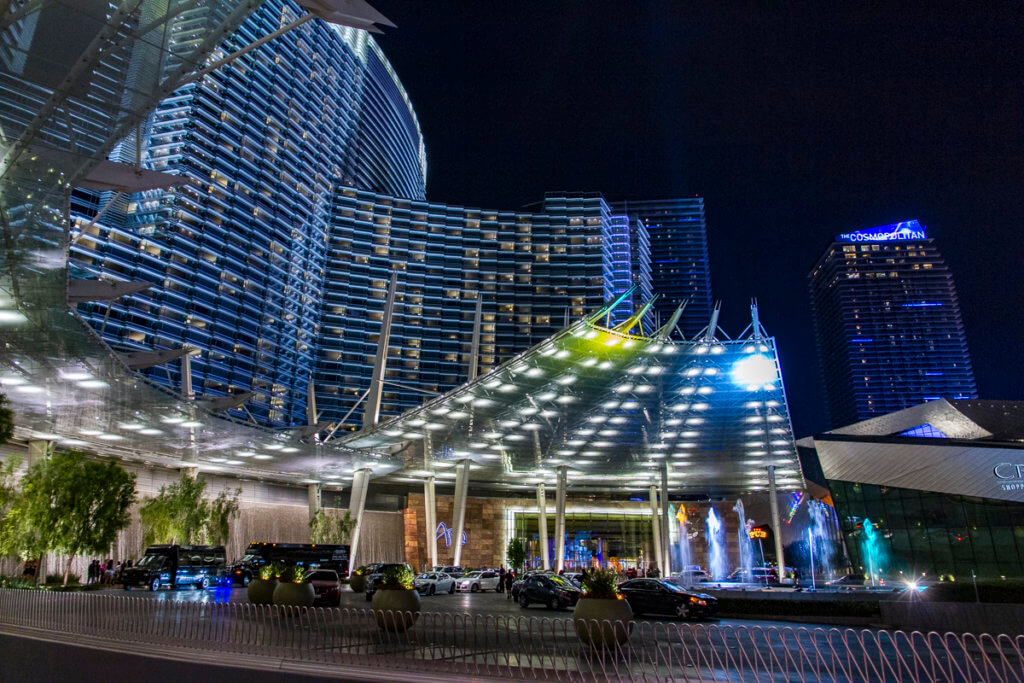Resort fees. We’ve all seen them whether it be here in Hawaii, in Vegas, or even in New York, though there it’ll likely have a dubious name like “Destination Fee.” And while it’s obvious that properties add Resort Fees to make more money off of guests, the reasons for their existence a more nuanced and deceitful than a straight-up money grab.
Resort Fees Explained
Those pesky extra fees tacked on by hotels called resort fees are often touted with a benefits package. And those benefits can vary greatly ranging from the hilariously awful benefits at The Laylow Waikiki to more useful benefits like those at the Hilton Hawaiian Village. But, at the end of the day, those benefits aren’t the real reason hotels charge resort fees. Rather, those benefits are there to justify the existence of the resort fee.

So if resort fees aren’t there for our benefit, then what are they for? In reality, these fees are used to make hotels seem more competitive. You see, hotels advertise their lowest available rate. But that rate is often an unbundled one, unlike airline fares. It never includes taxes and fees, so resort fees are used to lower a property’s published rate artificially. After all, if the rate should be $200/night, but you have a $45 resort fee, you could charge a base rate of $155/night instead. That’ll make you more attractive to budget-minded travelers, especially if they don’t take the time to conduct true comparisons.
Resort fees are also used to simply make more money. Remember that useless “Destination Fee” at The Laylow? They didn’t charge one during their first year but added it on later. Of course, room rates didn’t go down because of this too. Instead, room rates held steady or increased. So, clearly, the purpose of the fee at this property is to make more money.
Evolving Purpose
But, the traditional reason for charging resort fees is only one of the reason they’re used today. The other reason properties are increasingly charging resort fees is to dodge transient accommodations taxes, room taxes, etc. That’s also why resort fees are getting higher. The more properties charge under these additional fees, the fewer taxes they pay when you stay. This, however, isn’t the case in Hawaii. The transient accommodations tax is already applied to resort fees here.

But for the sake of an example, let’s say the transient accommodations tax didn’t apply to resort fees in Hawaii. Here’s what the breakdown would look like in that scenario.
Here, the government charges a transient accommodations tax of 10.25% and a general excise tax of 4.712%, which equates to a combined room tax rate of 14.962%. That amount gets charged to your room rate, which is why your room that’s supposed to cost $200/night jumps to about $230/night. But if resort fees are charged at the lower, general excise tax rate, hotels could change the prices to be like this: $155/night plus a $45/night resort. As a result of using the resort fee to dodge room taxes, the overall room tax falls to about $23 from $30 and the tax on the resort fee ends up being about $2. That’s a total tax savings of about $5 per night, which doesn’t sound like much, but sure does add up for the property owners.
How to Avoid Resort Fees
Unfortunately, there aren’t many ways to avoid resort fees, especially if a property you’d like to stay at charges them. However, if you’d like to stay at a Hyatt property that charges a resort fee, there is one way to get the fee waived.
World of Hyatt Globalists enjoy waived resort fees, AND complimentary parking on award stays. So, take an award stay at Aria Las Vegas, for example. Such stay would cost 25,000 points per night, and a Globalist member wouldn’t have to pay the $44.22/night resort fee or the $18/night self-parking or $30/night valet parking fee. Of course, you wouldn’t have to pay for parking anyway, because you linked your World of Hyatt and Mlife accounts to earn Mlife Gold, right? And Mlife Gold members receive complimentary self and valet parking at all MGM locations in Vegas.

World of Hyatt Globalist is a difficult status to attain, though. So another option is to join Hilton Honors and aim for award stays with them. That’s because, unlike with World of Hyatt, all Honors members don’t pay resort fees on award stays. As a result, staying at the Hilton Hawaiian Village on points would save you from paying the $40/night resort fee.
Marriott and IHG, unfortunately, do not offer a resort fee benefit at all.
Resort Fees Explained, Final Thoughts
I hate resort fees, but perhaps not so much for their use, but for the way in which rates are marketed. That’s why I think the Fed should regulate hotel rates, forcing companies to display the all-in cost. Airlines already have to do this, and it makes shopping for airfares so much easier. But, there doesn’t seem to be much desire in Congress to regulate hotels in this way. So, thankfully, there are ways to avoid the fees. Unfortunately, you can only do so by using points for stays with certain chains, or by simply choosing properties that don’t assess them. And, often, the properties that don’t have resort fees aren’t exactly the ones you’d want to stay at.

Your premise that owners benefit from occupancy tax adjustments of resort fees is incorrect. The taxes are paid by the customer, so in your example, the guest pays $30 ($200+30) on the non-resort fee stay or $25 ($155+45+25) with the fee. Either way, the hotel’s revenue and benefit is $200.
You know what? You’re right. I don’t know what I was thinking… Hah! Thanks and Happy New Year!